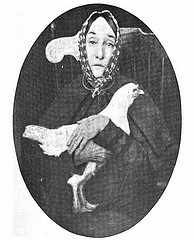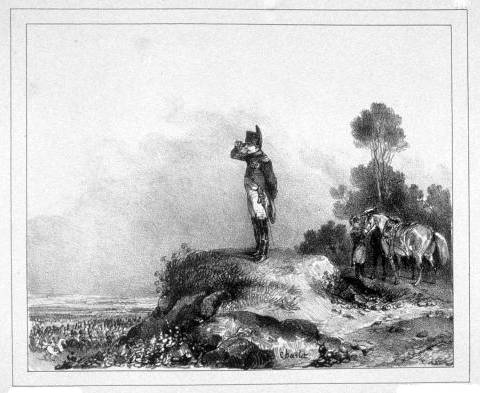Esaw Wood sawed wood.
Esaw Wood would saw wood!
All the wood Esaw Wood saw Esaw Wood would saw. In other words, all the wood Esaw saw to saw Esaw sought to saw.
Oh, the wood Wood would saw! And oh, the wood-saw with which Wood would saw wood.
But one day Wood’s wood-saw would saw no wood, and thus the wood Wood sawed was not the wood Wood would saw if Wood’s wood-saw would saw wood.
Now, Wood would saw wood with a wood-saw that would saw wood, so Esaw sought a saw that would saw wood.
One day Esaw saw a saw saw wood as no other wood-saw Wood saw would saw wood.
In fact, of all the wood-saws Wood ever saw saw wood Wood never saw a wood-saw that would saw wood as the wood-saw Wood saw saw wood would saw wood, and I never saw a wood-saw that would saw as the wood-saw Wood saw would saw until I saw Esaw Wood saw wood with the wood-saw Wood saw saw wood.
Now Wood saws wood with the wood-saw Wood saw saw wood.
Oh, the wood the wood-saw Wood saw would saw!
Oh, the wood Wood’s woodshed would shed when Wood would saw wood with the wood-saw Wood saw saw wood!
Finally, no man may ever know how much wood the wood-saw Wood saw would saw, if the wood-saw Wood saw would saw all the wood the wood-saw Wood saw would saw.
— W.E. Southwick
Anthologist Carolyn Wells writes, “Well, you don’t have to read it.”



